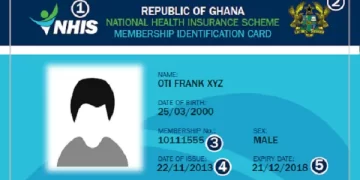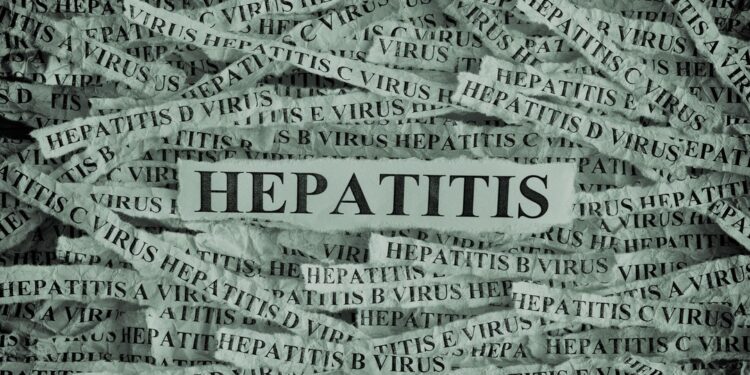To raise awareness about the dangers of Hepatitis B and C, Cape Coast University Hospital has launched a public sensitization campaign on these liver infections.
Speaking on ATL FM’s ATLANTIC WAVE, Senior nursing officer Grace Adubea Otoo cautioned that hepatitis can remain hidden for over 20 years without evident signs and urged the public, especially the youth, to test for their hepatitis status and seek necessary medical attention if needed.
She explained, “Persons who are at a higher risk of contracting the hepatitis disease are the youth and persons who often receive blood transfusions in hospitals. Persons with tattoos and body piercings too are at a higher risk of contracting the disease once they use unsterilized tools for the activity.”
She added, “Men are also at a higher risk of hepatitis because the male sex hormones are designed in a way that speeds up the spread of the virus to other persons.”
Nursing officer at the Cape Coast Teaching Hospital, Dora Asiedu highlighted that symptoms like nausea, dark urine, and abdominal pain might not manifest until the disease progresses.
“One thing about hepatitis is that the signs and symptoms don’t really show until you get tested. You wouldn’t know you have it, but even after you have tested, the symptoms might still not show. It only shows when you get to probably the end stage, and some of the symptoms you can expect are nausea, loss of appetite, yellowish discoloration of the skin, pale-colored stool, dark urine, and abdominal distension,” she said.
Madam Asiedu also stressed preventive measures like maintaining good hygiene and avoiding contact with infected individuals or contaminated substances.
“If we understand the modes of transmission, we can prevent them by ensuring we don’t get infected. Hepatitis A and E result from unhygienic conditions like ingesting infected food and water. You just have to avoid unhygienic situations or conditions. Hepatitis B and C are contracted through blood and body fluids of an infected person,” she advised.
In support of their awareness efforts, the Hospital’s Public Relations Officer, Frederick Nyankah, announced free hepatitis screenings scheduled at Oguaa Senior High Technical School today, 25th July and tomorrow, 26th of July.
He stated, “By providing accessible screenings and promoting knowledge about hepatitis B and C, Cape Coast Teaching Hospital aims to empower individuals to take charge of their health and well-being.”
Read Also: Non-professional teachers given up to December to upgrade
Source: Victor Owoahene/ATLFMNEWS



























